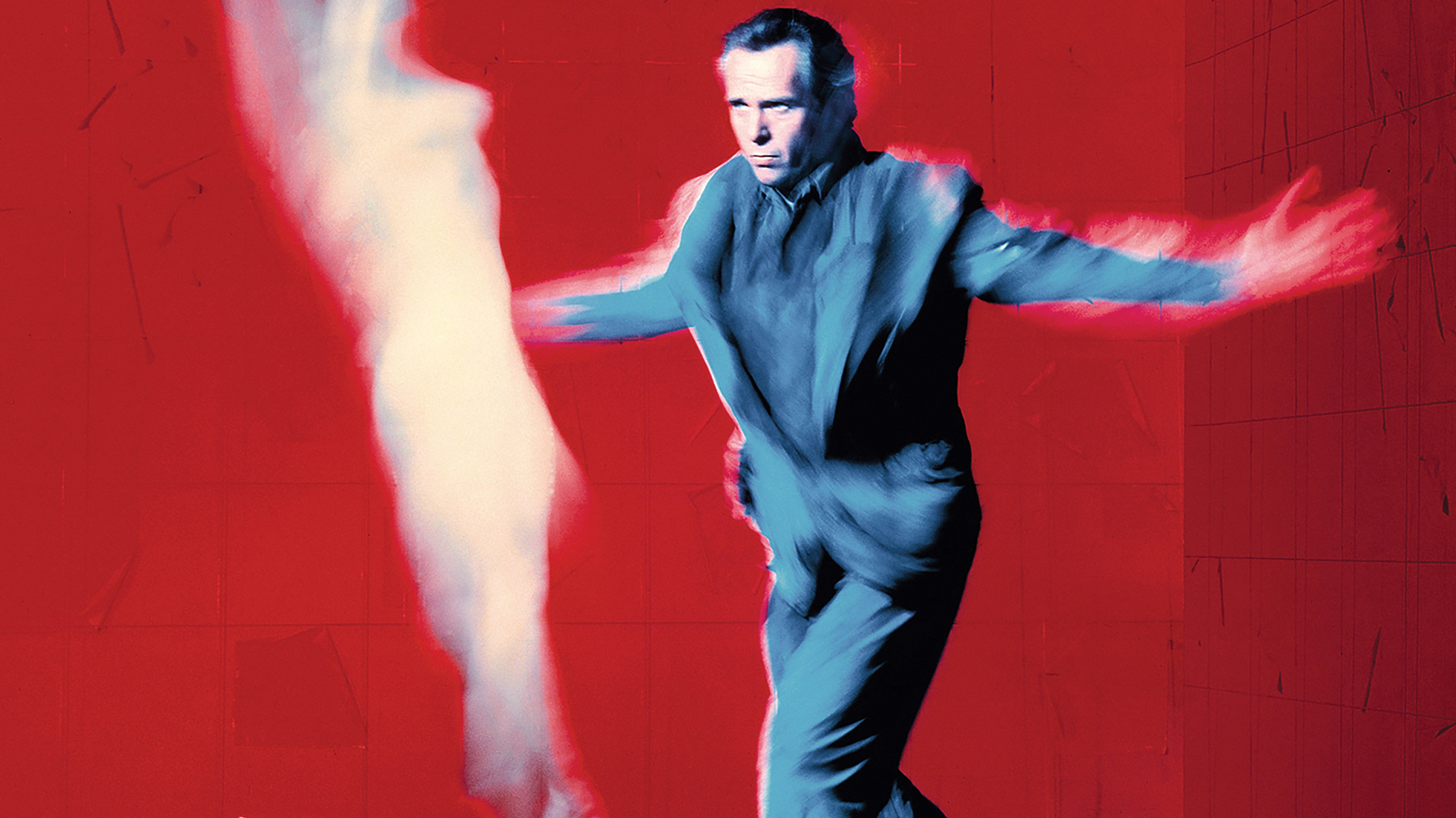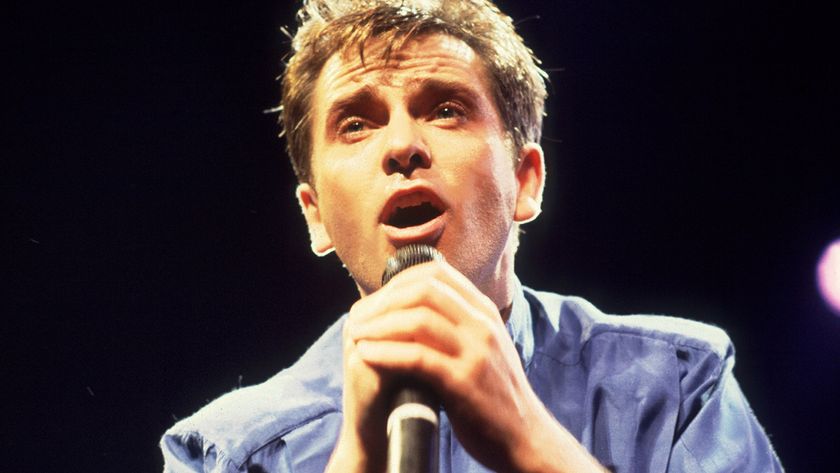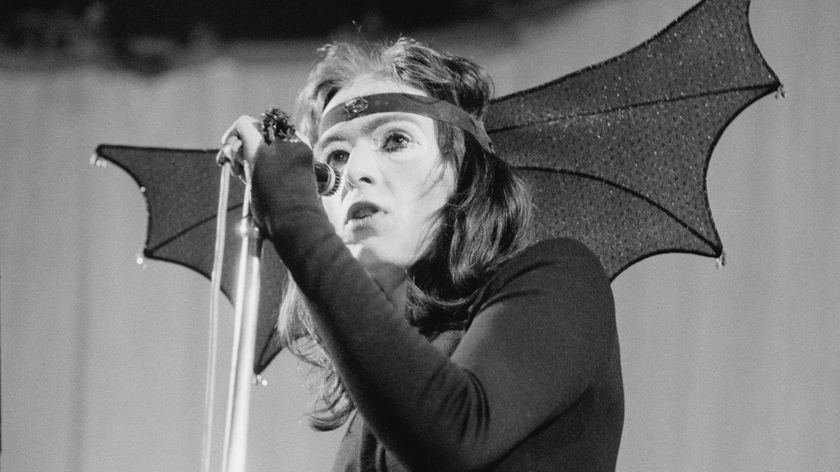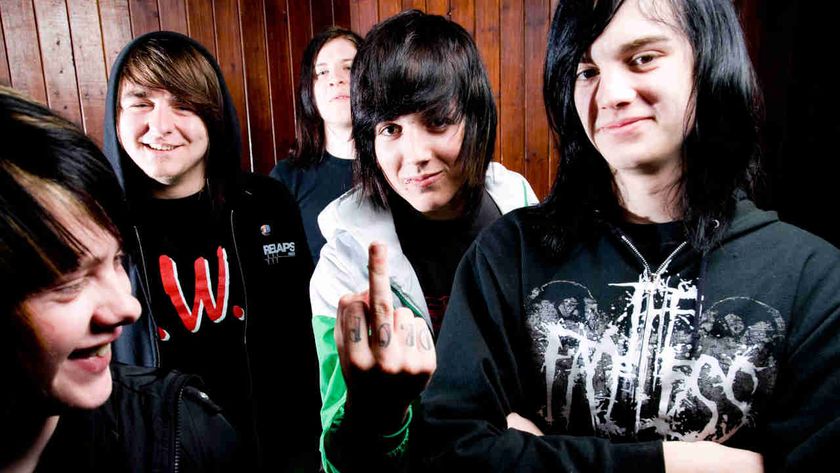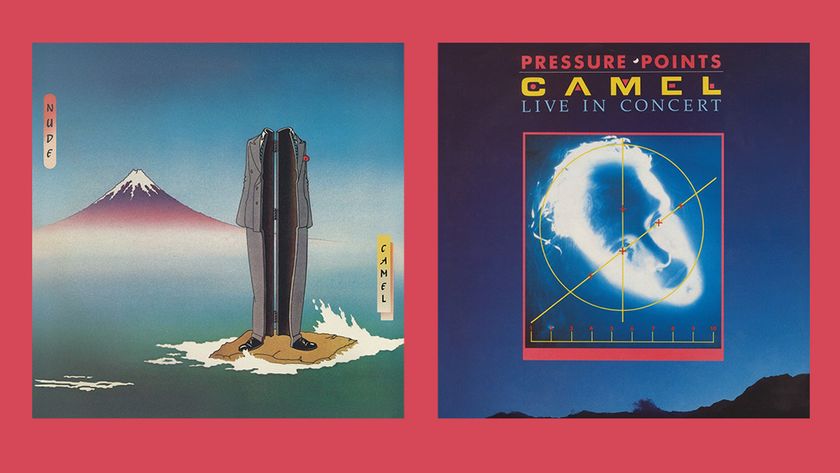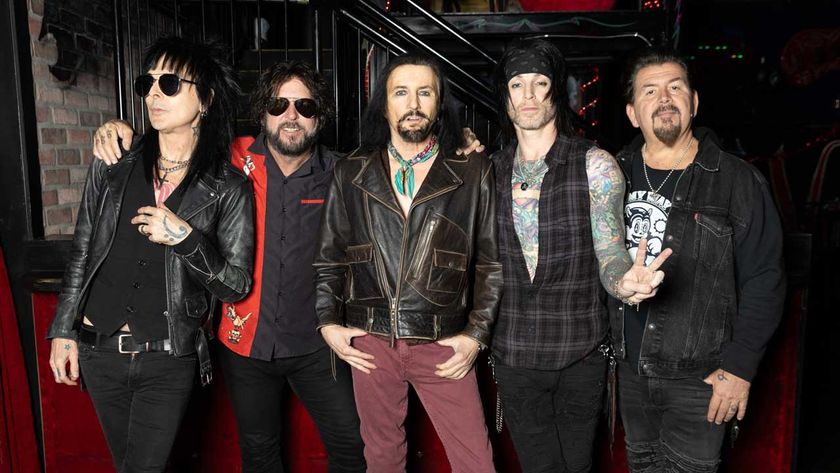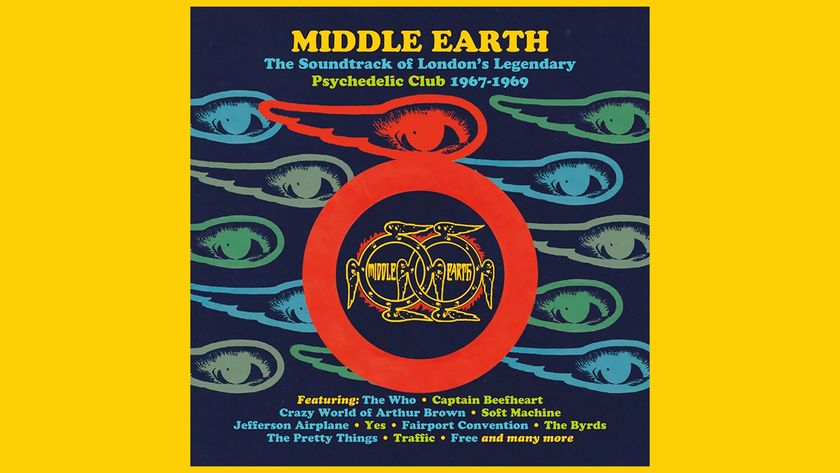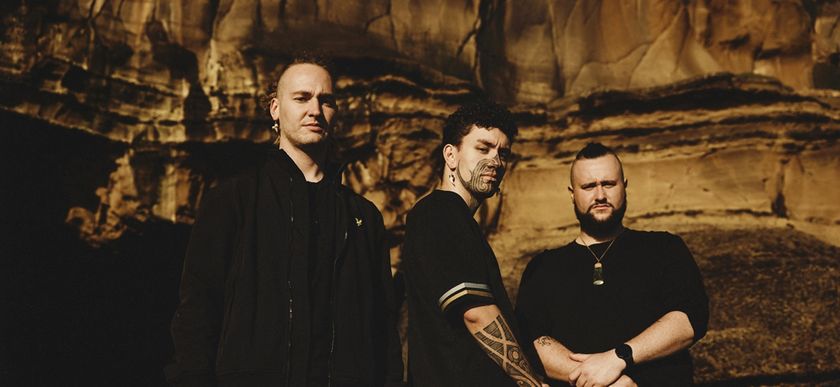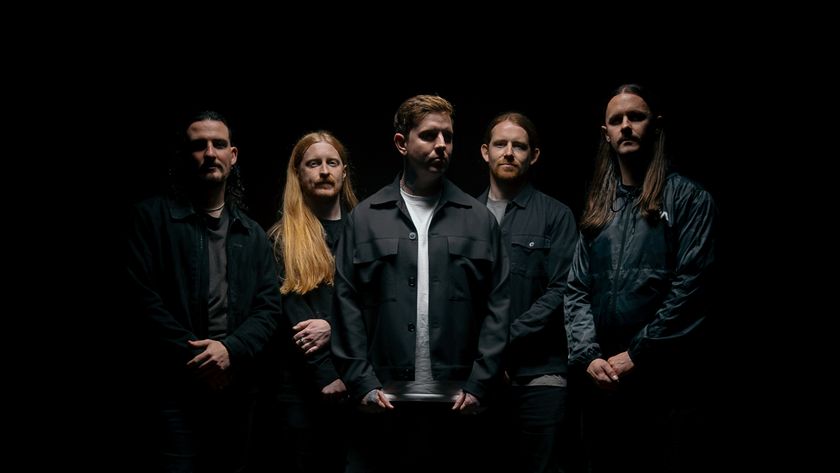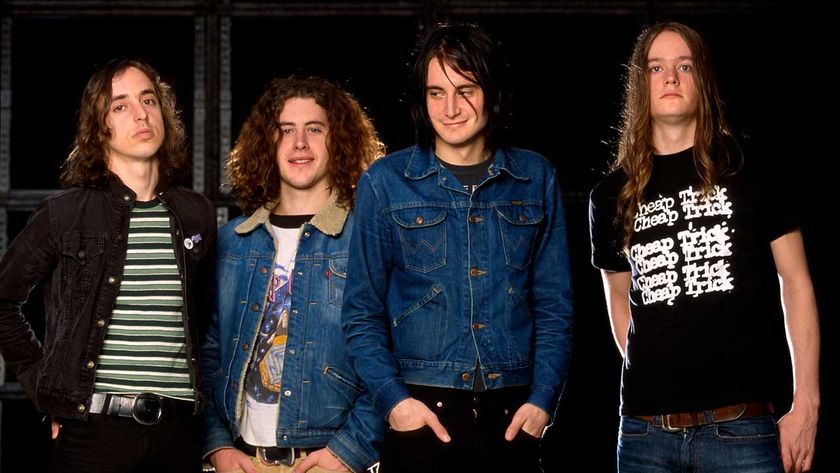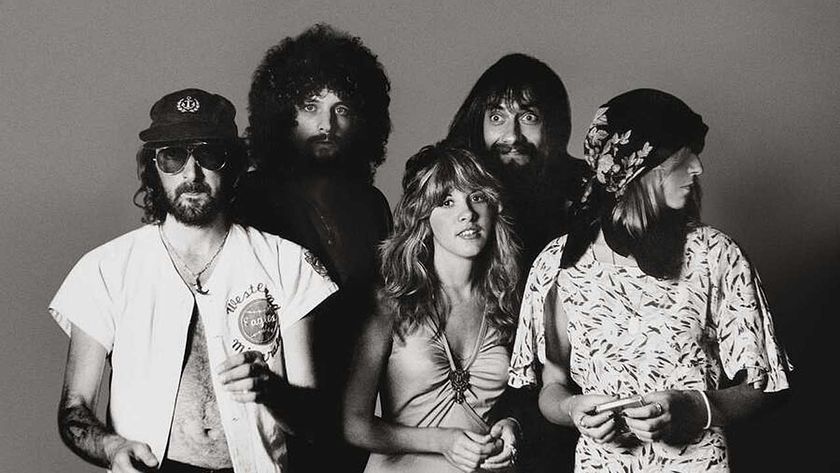Predictably, the upsurge in sales of vinyl has given the major labels another format in which to recycle back catalogues that have already been milked dry on deluxe CD. Although sounding like a Brian Pern boardroom nightmare, “half-speed mastering” is a technological process, first developed in the 60s by Motown, which adds weight and clarity to high and low frequencies when tracks are pressed as 45rpm 12-inch singles.
Crucially, Gabriel appreciates how the mystique and magic of a vinyl record can still enhance his inimitable style of progressive world soul music and its evocative visual accompaniments. Rather than seizing on this latest technique as a marketing ploy, he sees it as a further upgrade in his ongoing quest for sonic perfection and another step towards hearing his music as he envisioned it when it first boomed out of his Real World studio, where Us and Up were recorded.
Released in 1986, So was Gabriel’s fifth album and his mainstream breakthrough after he eased off on the experimental forays in favour of more accessible songs such as Sledgehammer, which featured his beloved Otis Redding’s trumpeter Wayne Jackson and whose video became the most played of all time on MTV, plus yuppie-numbering Big Time. It also included Don’t Give Up, the poignant Kate Bush duet set against Thatcher’s unemployment-stricken Britain. Minus the bonus tracks of 2011’s 25th-anniversary box, So returns as a double album, mainly two tracks a side, which might sound curiously dated by the Fairlight proto-sampler’s dominating tone, but ultimately that’s part of the fun.
1992’s painstakingly conceived Us dealt with relationship breakdowns as Gabriel cavorted with Sinéad O’Connor and further explored world music grooves and textures. Its hour-long running order now manifests as a triple album (with one side an etching), as does 2002’s Up, whose six-minute-plus reflections on birth and death are bolstered by a huge cast, including gospel greats The Blind Boys Of Alabama. Curiously, it recalls the density of Outside-era Bowie at times.
These albums are this writer’s first dunking into Gabriel’s catalogue since Brian Pern irrevocably entered the prog mindset, so it’s hard to suppress an initial titter as the wax is planted on the deck. But within moments, his meticulously sculpted confessionals weave their magic, still sung in the grainy, vulnerable cry from the heart first encountered at Genesis gigs over 45 years ago, but given a vivid new respray.
Individually numbered with download cards, these imposing audio-visual monuments are well worth Gabriel’s many fans splashing out on.
